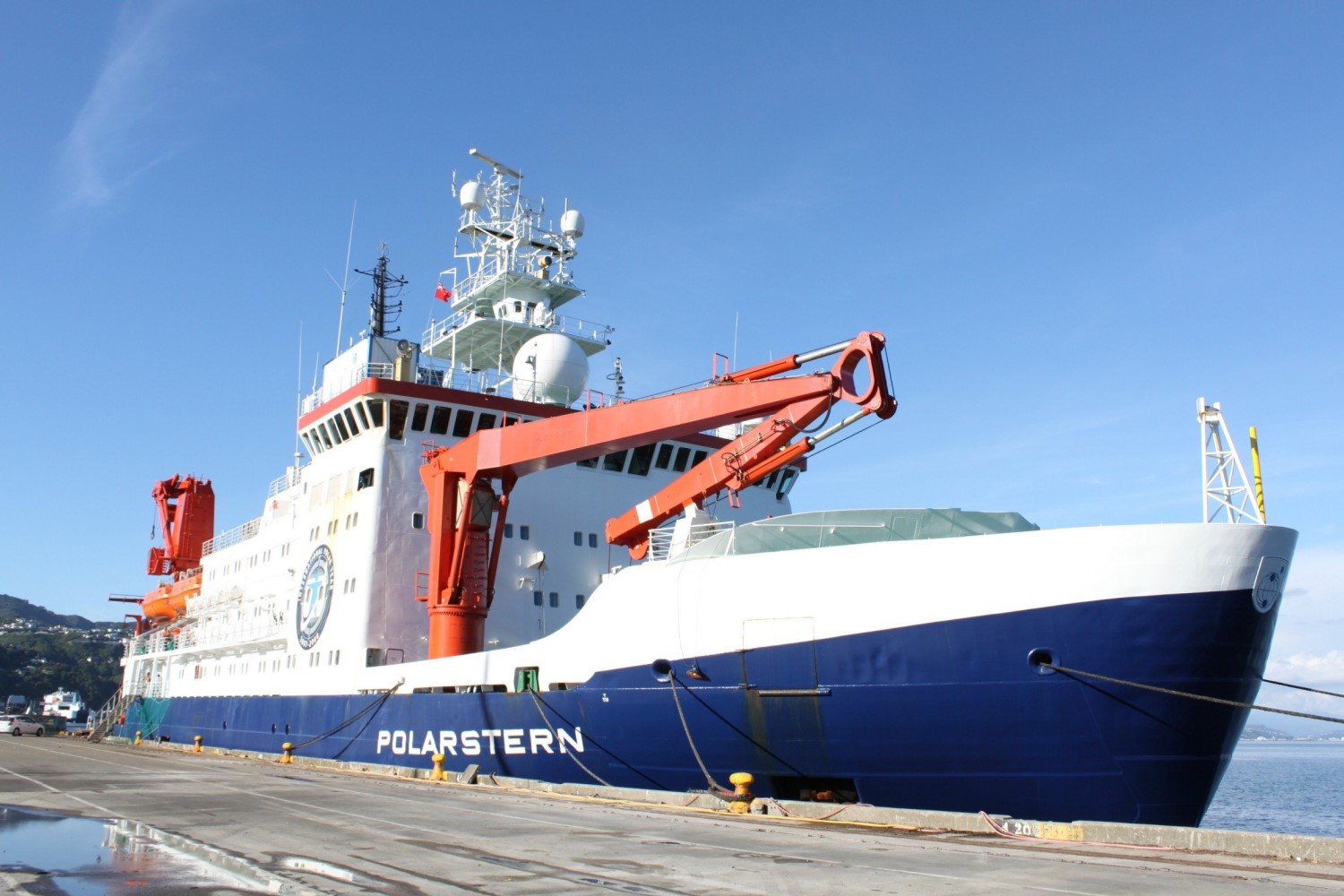
Numerous offshore and coastal geohazards have been recorded on plate subduction zones and the transform plate boundaries, including earthquakes, volcanic eruptions, tsunamis and landslides. For example, the 2002 Stromboli volcanic eruptions induced submarine landslides, causing a tsunami that damaged local infrastructure (Tinti et al., 2005). The submarine landslide off Papua-New Guinea in 1998 caused a tsunami that resulted in 2,200 deaths (Tappin et al., 2001). The Great Alaskan earthquake that took place in Seward and Valdez, Alaska in 1964 induced submarine landslides and tsunamis. The Grand Banks earthquake in 1929 induced submarine landslides, which broke submarine cables over a distance of 1,000 km from its source (Heezen & Ewing, 1952; Whelan, 1994). Recent major events include multiple tsunamis caused by coastal and submarine landslides (Sassa & Takagawa, 2019). Furthermore, seabed soils undergo flows and depositions repeatedly following various events such as storms, earthquakes, sediment transport and gravity flows, making seabed soils susceptible to liquefaction. Case histories and damages of earthquake- or wave-induced seabed liquefaction have been documented by numerous authors (Field et al., 1982; Sumer & Fredsoe, 2002; Sassa et al., 2006; Sumer, 2014; Miyamoto et al., 2020). Resultant damages include flotation, settlement, and significant displacement/breakage of pipelines (Christian et al., 1974; Herbich et al., 1984; Damgaard et al., 2006) and subsidence and inclination/failure of offshore and coastal gravity structures (Miyamoto et al., 1989; Sumer, 2014).
The global risk these geohazards pose to offshore renewable energy systems, from turbine to national grid, has not been elucidated. O1 will develop programmes of work where submarine geohazard event case studies will be organized and critically reviewed. Crucially the potential for damage to offshore and coastal infrastructures will be demonstrated, highlighting risk to offshore renewable energy systems. This includes the impact of liquefaction for destabilizing a wide range of offshore structures with linkage to scour and landslides. Ongoing and future global climate change is expected to change the severity of wave conditions at the world’s coasts, which would pose a further risk on offshore renewable energy systems as a consequence of wave-seabed-structure interaction. In light of recent advances in understanding of the mechanics and physics involved, mitigation and management strategies will be identified. Data will be compiled from:
· Existing papers, documents and reports.
· Proceedings from science meetings hosted by TGSG.
O1 will be supplemented by development of further funding for collaborative research (integrating TGSG consortium, supporters and correspondents) on submarine geohazards and risks they pose. Research projects to be developed within the TGSG include, but are not limited to, work on:
· Sedimentary archives of tsunami magnitude and frequency in Europe and SE Asia. Potential funding from Japan Society for the Promotion of Science and/or UK Research and Innovation.
· Scour and sediment transport by turbidity currents. Potential funding from US National Science Foundation and/or UK Research and Innovation.
· Flow and wave loading on fixed and dynamic cables. Potential funding from Joint Industry Projects and/or UK Research and Innovation.
Through integrating the existing research and developing new research, the TGSG will develop a novel portfolio of submarine geohazards with their impact on marine infrastructure (D1).
